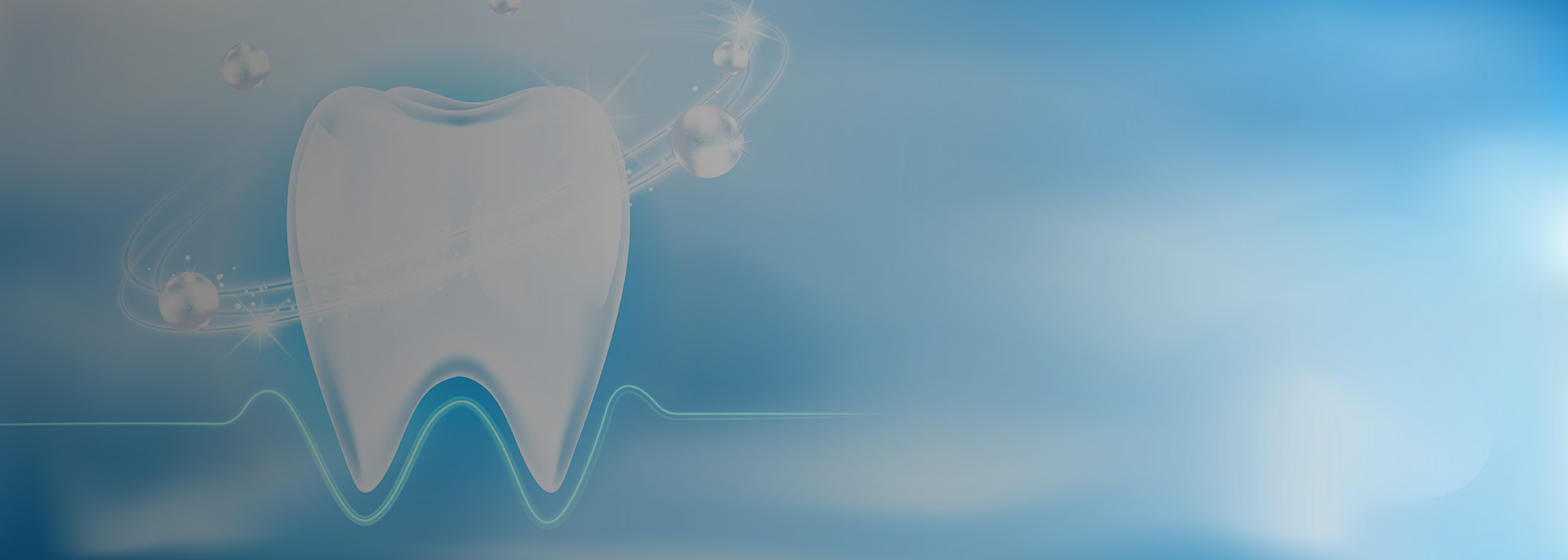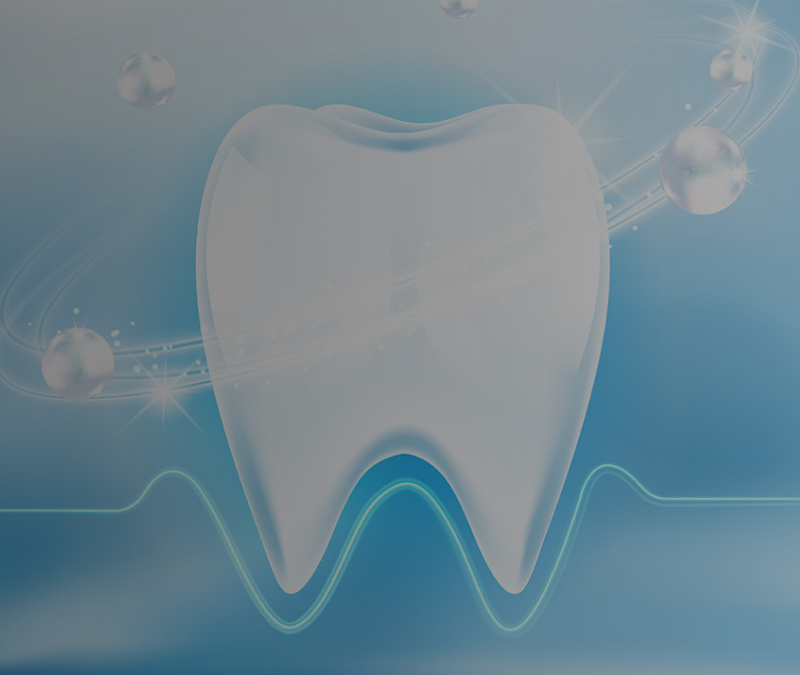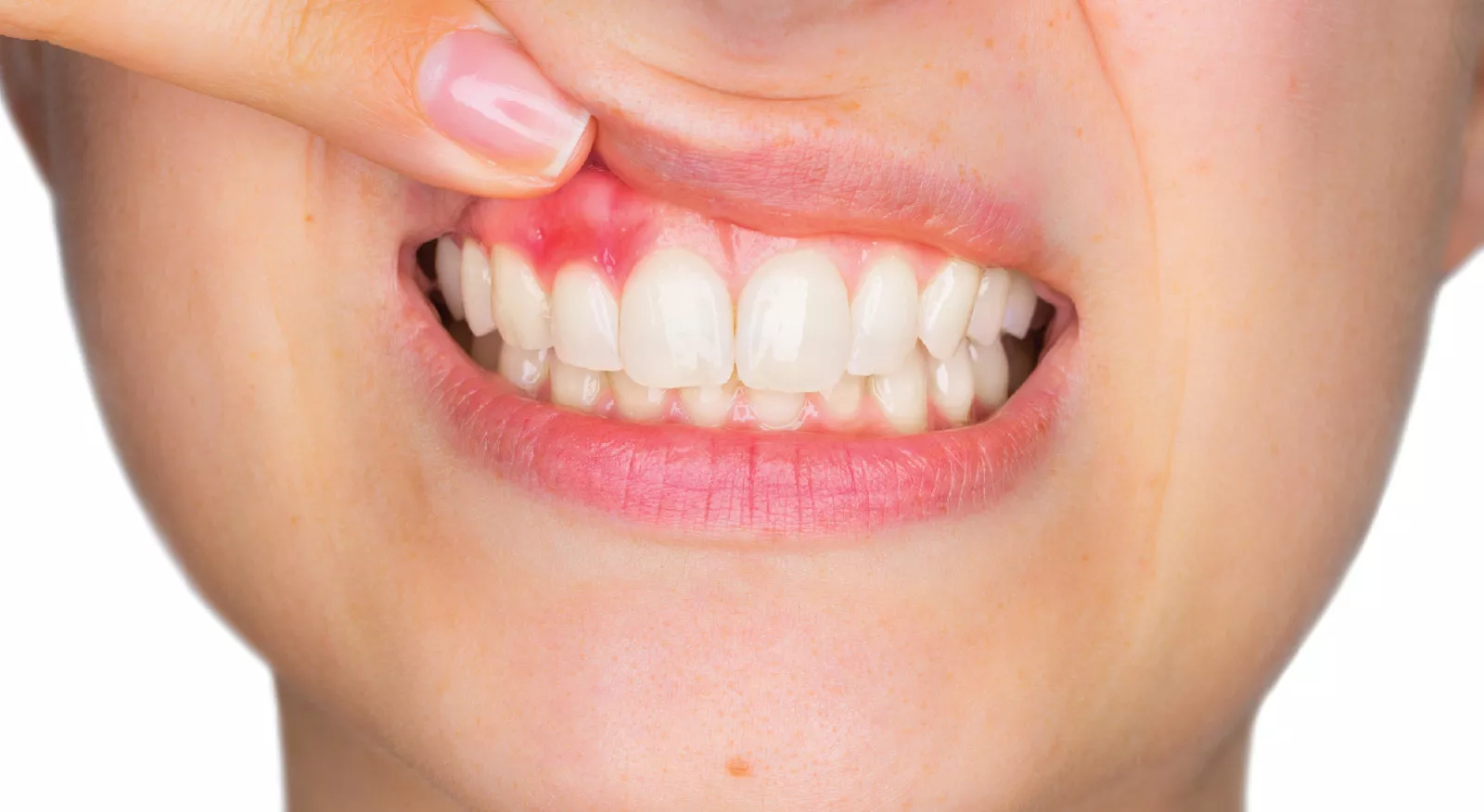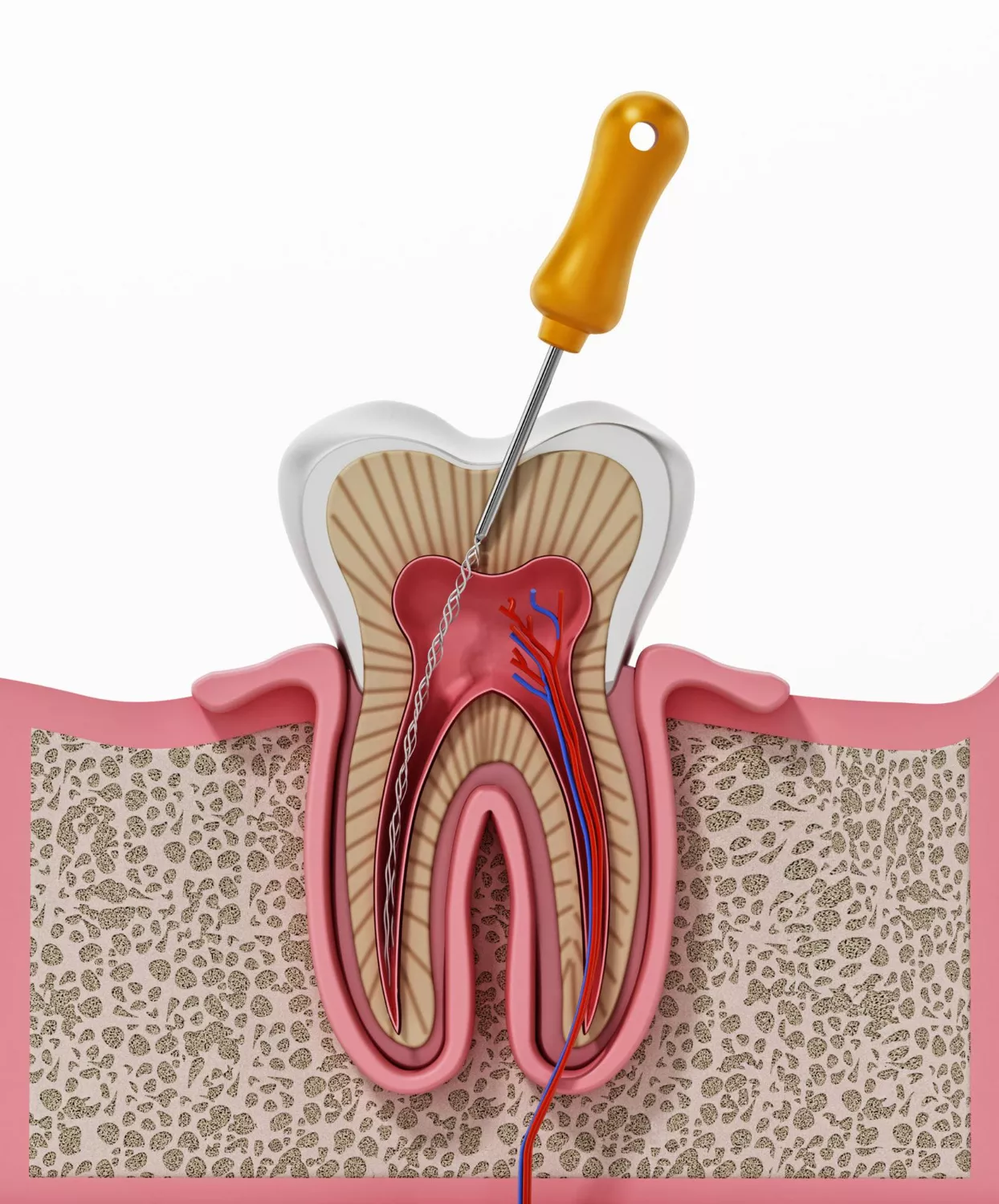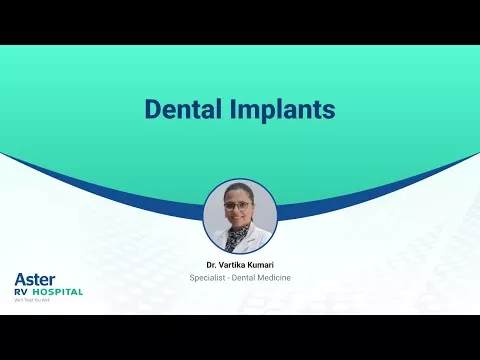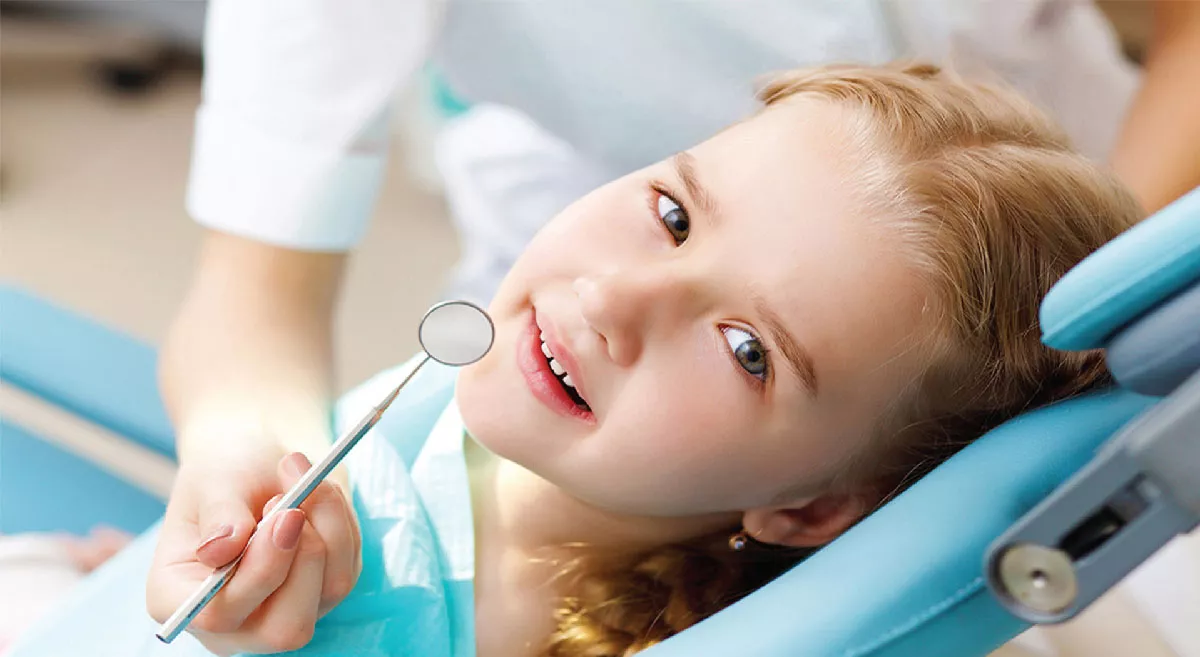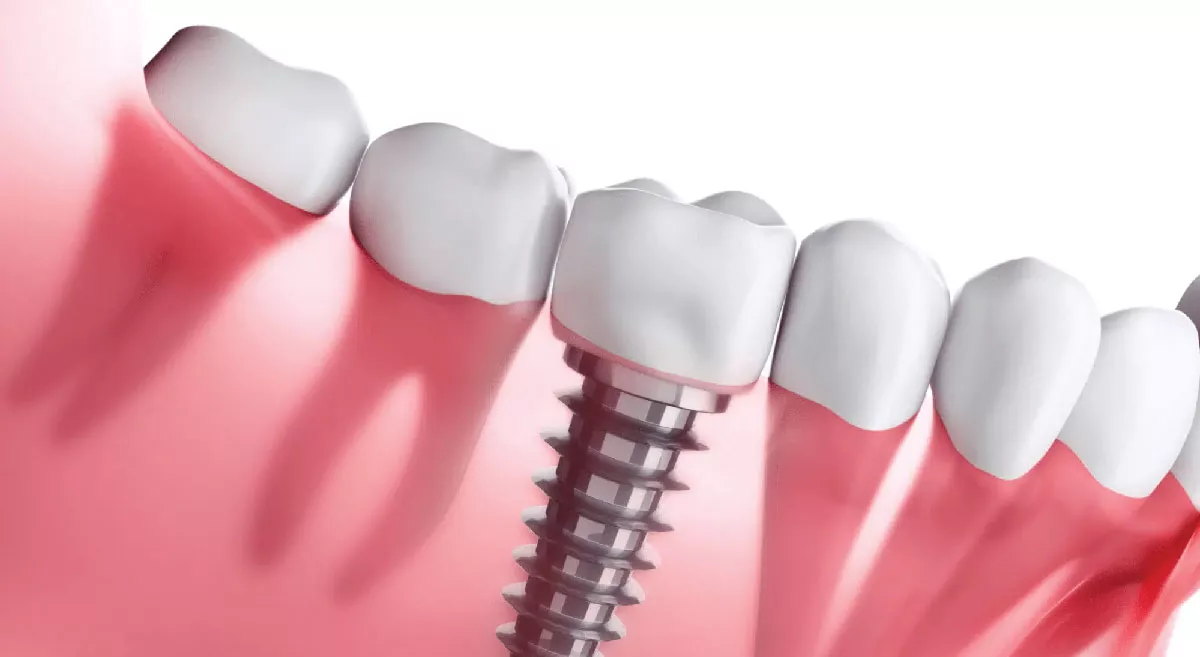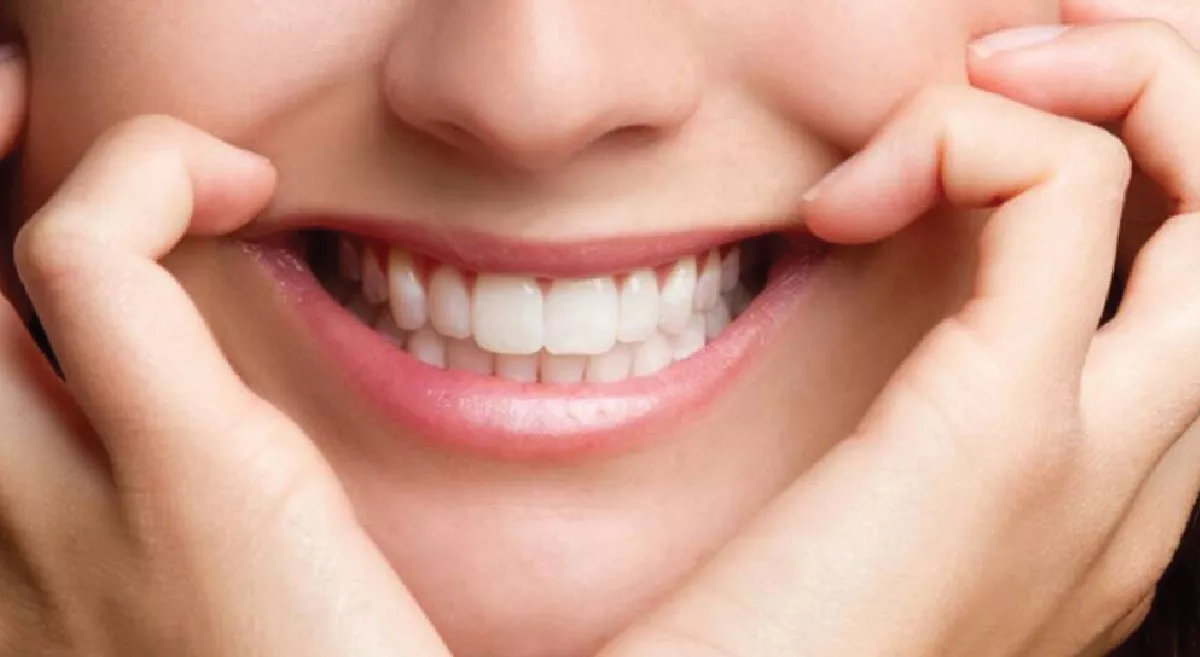Dentistry is a specialized field of healthcare dedicated to the care and maintenance of oral health. It encompasses a broad spectrum of services, from routine dental checkups and cleaning to complex procedures like oral surgery and orthodontics. Here at Aster we have highly trained dental professionals who diagnose, treat and prevent oral disease and conditions. They also address aesthetic concerns through procedures like veneers, teeth whitening, full mouth rehabilitation. Beyond enhancing smiles, dentistry is integral to overall well-being, as it closely linked to systemic health issues.
The department of dentistry at Aster RV has the following facilities :
General Dentistry- Ultrasonic Scaling and Polishing, Restorative Dentistry, Extractions, Dental X-ray - RVG, OPG, CT.
Orthodontics & Dentofacial Orthopaedics- Aligners, Invisalign, Metal Braces, Self-Ligating Braces/ Damon Braces, Ceramic Braces, Clear Braces, Myofunctional Appliances, Habit Breaking Appliances, Obturators.
Cosmetic Dentistry- Digital Smile Design, Crowns, Veneers, Laminates, Composite Restorations (Aesthetic Restorations).
Dental Implants - Implant Supported Denture, Implant Retained Crowns and Bridges, Full Mouth Implant Supported Denture.
Dentures - Cast Partial Denture, Fixed Partial Denture, Over Denture, Precision Attachment Denture, Bps Denture etc..
Crowns and Bridges- All Ceramic Crowns – Zirconia Crowns, Inlay & Onlay, Metal with Ceramic Crowns and Bridges.
Periodontal Therapy- Scaling, Subgingival Scaling (Deep Scaling), Root Planing, Flap Surgery, Gingivectomy, Gingivoplasty, Coronoplasty, Ankyloglossia (Tongue Tie), Local Drug Delivery, Bone Graft.
Laser Dentistry- Laser Excision, Laser Biopsy, Laser De-pigmentation, Laser Flap Surgery, Laser Curettage, Laser Debridement, Laser Gingivectomy, Laser Gingivoplasty.
Oral Maxillofacial Surgery- Surgical Correction, Orthognathic Correction, Surgical Extractions, Surgical removal of Third Molars (Wisdom Tooth).
Conservative & Endodontic Dentistry- Restorative Dentistry, Root Canal Treatment (Single Visit), Re-Root Canal Treatment, Apicoectomy.
Pedodontics & Preventive Dental Procedures - Pit and Fissure Sealants, Pulpectomy (RCT), Pulpotomy, Crowns, Habit Breaking Appliances, Space Maintainers, Fluoride Applications.
Blogs
The source of trustworthy health and medical information. Through this section, we provide research-based health information, and all that is happening in Aster Hospital.
